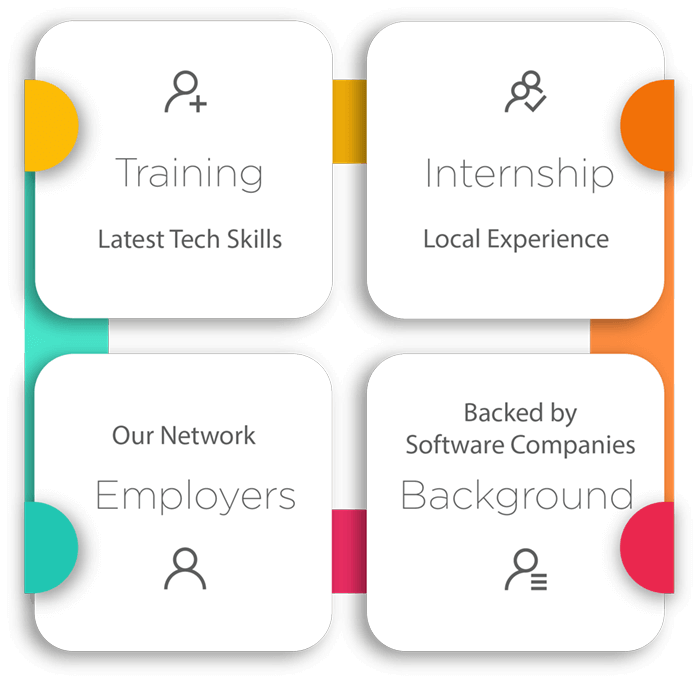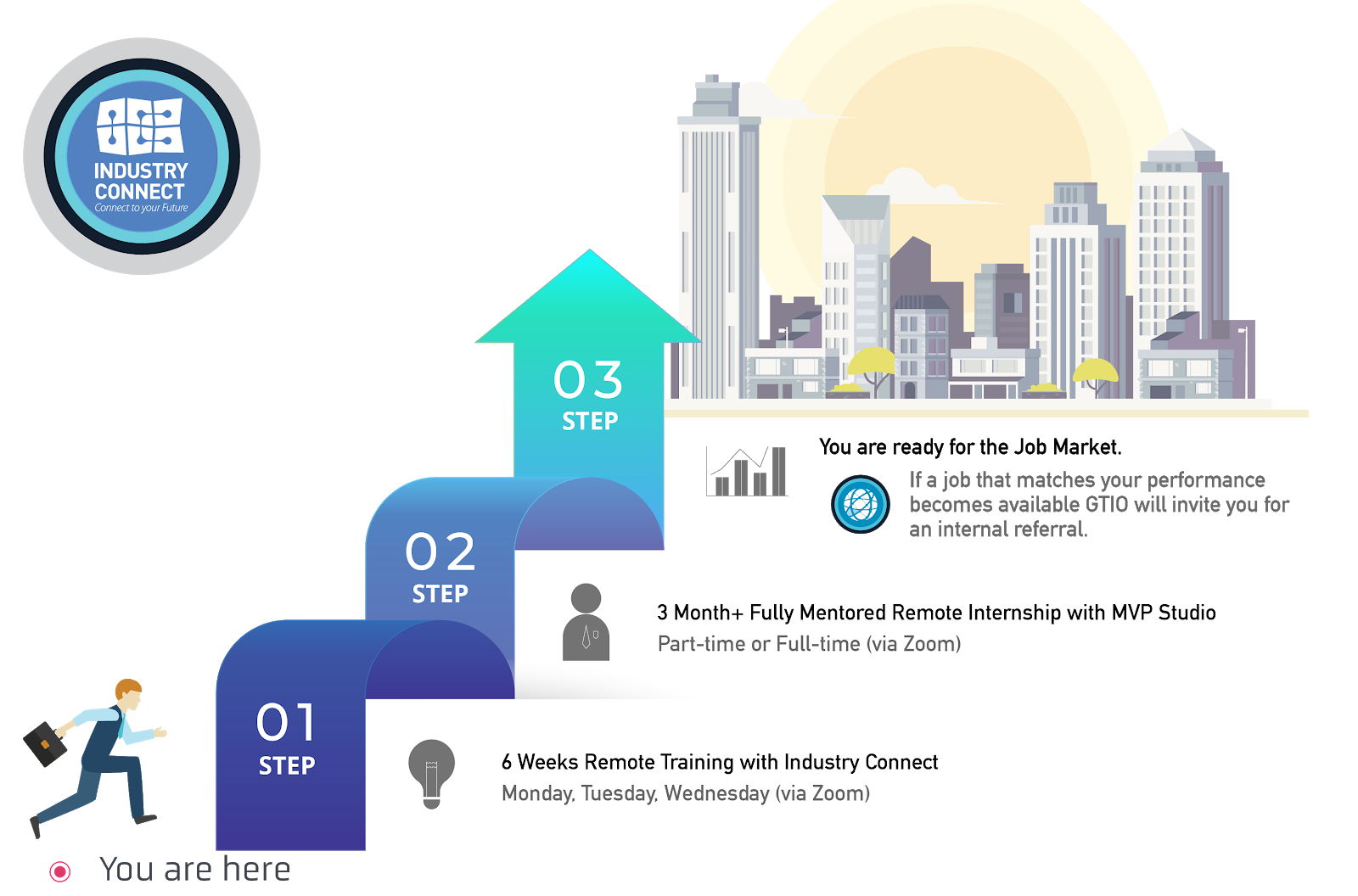In today’s data-driven world, businesses are constantly collecting vast amounts of information. But raw data alone isn’t enough; it requires skillful interpretation to transform it into actionable insights. This is where data analysts come in, turning numbers and trends into strategic decisions that drive growth and innovation. In this blog post, we’ll explore how data analysts contribute to the decision-making process in modern businesses, share real-world examples, and highlight the promising career trajectory in this rapidly expanding field.
The Power of Data in Business Strategy
Data is the lifeblood of modern business. Every customer interaction, product purchase, website click, and social media engagement adds to a treasure trove of data that can reveal insights about customer preferences, market trends, and operational efficiencies. However, without the skills to interpret and apply this information, these insights remain hidden. Data analysts step into this gap, identifying patterns, anomalies, and emerging trends that can influence a company’s strategy.
For example, a retail company may gather data on sales, inventory, and customer demographics, but it takes a data analyst to uncover that certain products are particularly popular among a specific demographic at specific times of the year. This insight could drive targeted marketing campaigns, better inventory planning, and ultimately increased sales. Similarly, data analysts in e-commerce often analyze website traffic data, helping businesses understand which products to promote and how to improve user experience.
Real-World Applications of Data Analysis
The role of data analysts in businesses extends across various industries, from healthcare to finance to e-commerce. Here are a few examples of how data analysts provide invaluable insights:
- Healthcare: Data analysts in healthcare examine patient data to predict health trends, optimize hospital operations, and even contribute to personalized treatment plans. During the COVID-19 pandemic, data analysts were essential in tracking infection rates and providing insights for public health strategies.
- Finance: In the financial sector, data analysts monitor economic trends, detect fraudulent activity, and provide risk assessments. Financial institutions rely on data to improve investment strategies and to personalize offerings for clients.
- E-commerce: E-commerce companies collect extensive user data on browsing habits, purchase histories, and product reviews. Data analysts use this information to drive product recommendations, targeted advertising, and improve customer satisfaction. For instance, an e-commerce site may discover through data analysis that certain products perform better with specific demographics, allowing them to optimize their marketing efforts and website design accordingly.
The Data Analyst’s Impact on Decision-Making
Data analysts bring objectivity to the decision-making process. By using statistical analysis, machine learning, and visualization techniques, they uncover the stories within data that might otherwise go unnoticed. This insight enables leaders to make informed choices that align with business goals.
- Identifying Opportunities: Data analysts can spot market gaps, inefficiencies, and emerging customer needs before competitors do. This proactive approach allows companies to pivot strategies, introduce new products, and improve customer experiences.
- Mitigating Risks: Data analysts can help businesses anticipate and mitigate risks by analyzing past trends and forecasting future challenges. For example, in financial institutions, analysts assess risk by studying credit data and financial histories, helping to prevent losses.
- Driving Efficiency: Many data analysts focus on optimizing internal operations. Whether it’s improving supply chains, streamlining workflows, or managing resources, data insights allow companies to make more efficient use of their resources, which saves time and money.
Career Growth in Data Analytics
The demand for skilled data analysts is on the rise, with the field experiencing steady growth. Organizations in virtually every industry recognize the need for data experts who can transform raw information into strategic insights. For those considering a career in data analytics, the future looks bright. Key skills such as SQL, Excel, and data visualization software (like Tableau and Power BI) are essential, as are soft skills like problem-solving, critical thinking, and effective communication.
Career paths within data analytics are diverse. Many data analysts progress into specialized roles such as data engineering, business intelligence, or machine learning engineering. Others may advance to leadership positions as data science managers or even chief data officers (CDOs), where they oversee an organization’s data strategy.
Conclusion
Data analysts play a pivotal role in today’s modern business environment. By transforming raw data into actionable insights, they help companies make smarter decisions, stay competitive, and adapt to ever-changing markets. For businesses, investing in data analysis is no longer optional—it’s a necessity. For aspiring data professionals, the field offers vast opportunities for growth and impact.
Whether it’s predicting customer behaviour, optimizing operational efficiencies, or guiding strategic planning, data analysts turn information into intelligence. As businesses continue to embrace data-driven strategies, the role of data analysts will only grow in importance, proving that data truly is power in the right hands.
Sudha went from Medical Administrator to Data Analyst
What is Industry Connect?
Industry Connect is an IT/Software Career Launchpad that has everything you need
to kick-start your IT/software career in AU, NZ, UK, IE, SG, HK, IN, ID, VN & PH.

We have been helping career changers, recent IT graduates and people with a career gap
to start their IT/software careers.
Over the years, we have helped hundreds kick-start an IT/software career.
(Verifiable evidences are available on this website)
OUR CORE
We are an innovative software training school backed by global/local software companies.
Our ecosystem is an incubation process that supports our participants until they launch
a tech career.

OUR PROGRAMMES
Our Job-Ready training programmes focus on:
- Software Development
- Business Intelligence (or Data Analyst)
- Test Analyst
PROGRAMME STRUCTURE
- Six Weeks Training Classes (Practical Tech Skills)
- Three Months (or more) Structured Internship on Large Commercial-Scale Projects (flexible hours)
- Employer Network (job analysis and internal referral if goals are met)
You can join us via Zoom (live face-to-face meeting) remotely from anywhere and
“download” the valuable knowledge & experiences from our tech experts across
different tech centres.
Watch 300+ Stories of Career Starters in IT/Software
- Career Changers & Switch to IT
- Recent Graduates
- People with a Career Gap
- New Software Developers
- New BI or Data Analysts
- New Test Analysts
Click the image to watch those who changed their careers to IT, had gap years and recent IT graduates.









